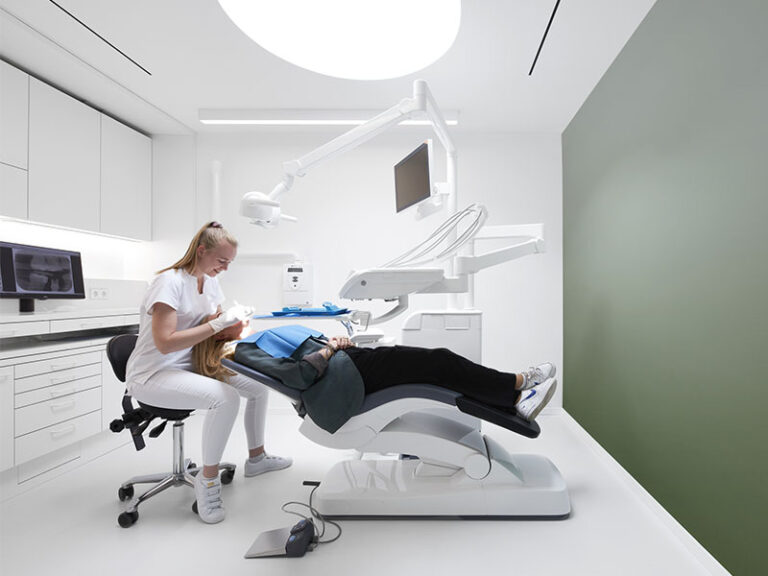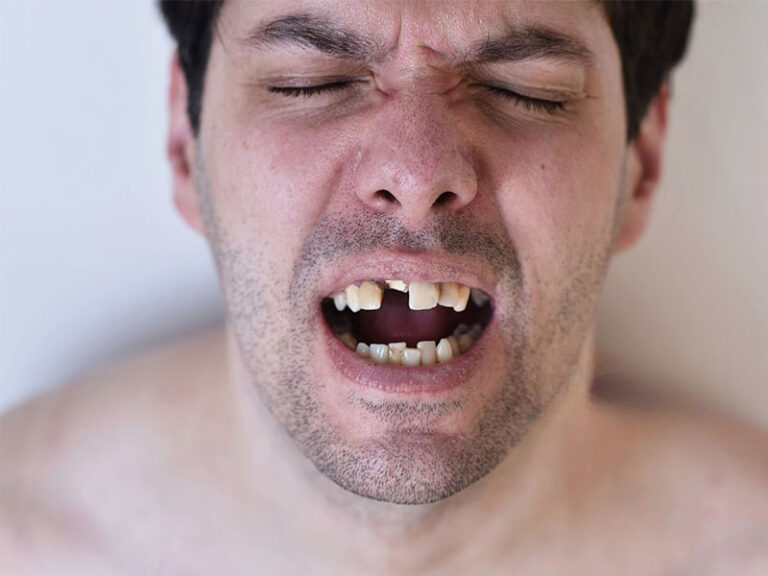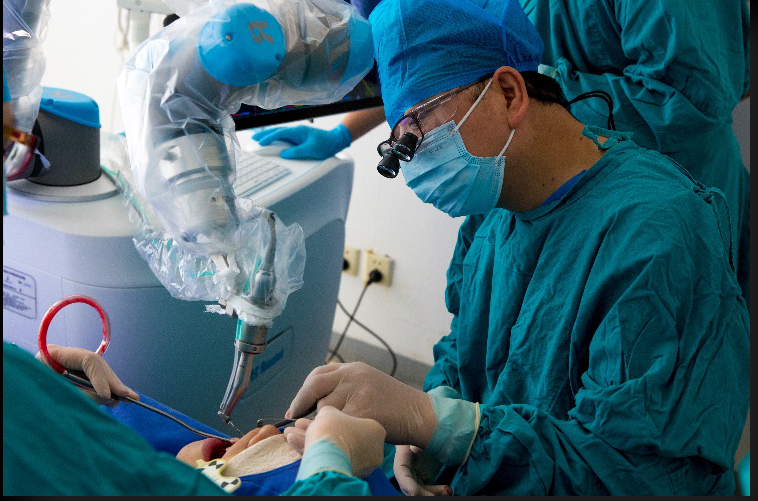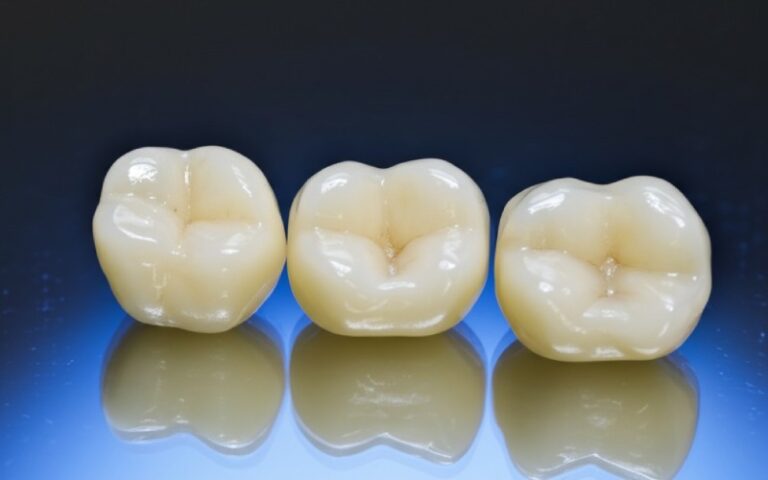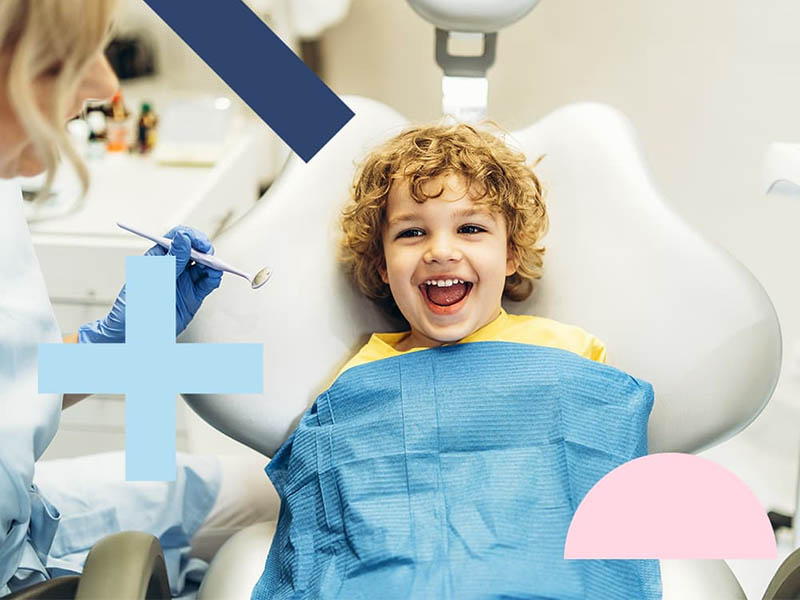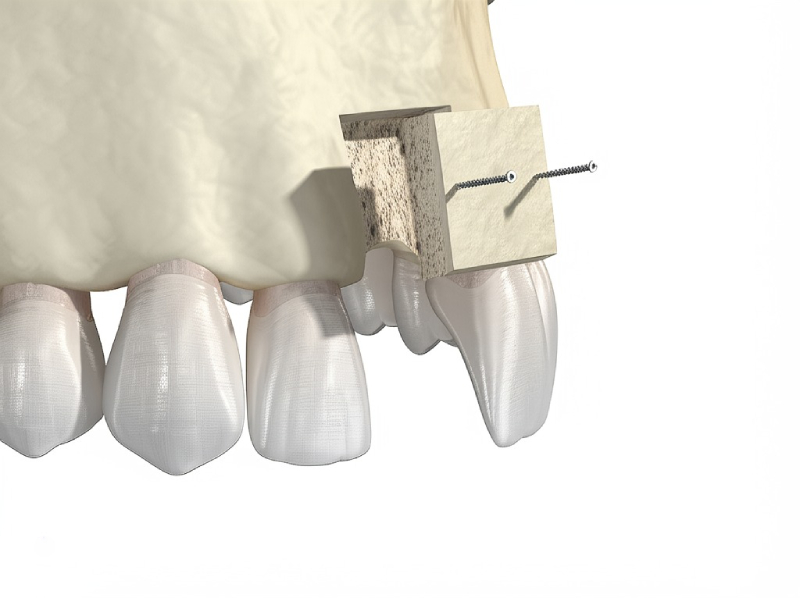
How to Prevent Oral Cancer: A Medically-Reviewed Guide
That uneasy feeling when you hear “oral cancer” might leave you with a hundred questions. Maybe you’ve noticed a stubborn mouth sore that won’t heal or you’re just trying to get ahead of possible problems—especially after hearing stories from friends or family. You might wonder: Can I really do anything to prevent oral cancer? Are there steps I should already be taking?
If you’ve ever asked these questions or felt worried about your own risk, you’re not alone. Good news—there’s a lot you can do, and you don’t need to be a doctor to get started. Knowing and acting on a handful of easy, proven steps will give you real control over your mouth health. Let’s walk through the facts, your choices, and what habits you can build right now.
Table of Contents
Understanding the Primary Risk Factors for Oral Cancer
Why do some people end up with oral cancer while others don’t? It’s not simply bad luck or just family history. Really, your daily choices play the biggest part.
Oral cancer—which includes cancers of the mouth, lips, tongue, cheeks, and some parts of your throat—happens when normal cells start growing out of control. Scientists have found several big risk factors, and you can control nearly all of them.
Tobacco Use (All Forms)
No doubt about it, using tobacco is the biggest risk for oral cancer. People often think of cigarettes, but we’re talking about everything—cigars, pipes, chewing tobacco, even vaping can hurt the soft parts of your mouth.
Here’s the real shocker: People who smoke are 10 times more likely to get oral cancer than people who don’t. Chewing tobacco bumps your risk up four times. And vaping? It’s not safe either—early studies show it can hurt mouth cells and cause swelling.
Heavy Alcohol Consumption
Alcohol is another main cause. Drinking now and then is common, but heavy or daily drinking is much riskier than many realize. If you drink more than 21 drinks per week, your risk goes up five times.
But here’s what’s really scary: Mixing tobacco and alcohol doesn’t just add up your risk—it multiplies it. If you do both, your oral cancer risk can shoot 30 times higher than if you avoid both.
Human Papillomavirus (HPV)
Not all oral cancers are from smoking or drinking. Human papillomavirus (HPV)—especially the HPV-16 type—now causes almost 70% of throat cancers in the U.S. HPV spreads mainly through close, personal contact, and is showing up more often in younger adults.
The good news? Kids, teens, and even some adults can get a simple shot that keeps away HPV, which means a much lower chance of cancer.
Too Much Sun
Ever remember to put sunscreen on but skip your lips? Sunlight is a big cause of lip cancer, especially on the lower lip. People who work outside—like lifeguards, builders, or farmers—are most at risk.
Other Things That Add to Your Risk
Here are a few other things that quietly make the risk worse over time:
- Bad diet: Not eating enough fruits and veggies means you miss nutrients that guard your mouth.
- Weak immune system: Being sick, taking certain pills, or having immune problems makes your body less able to stop bad changes.
- Family history and genes: Rare, but some families do pass down genes that make cancer easier to get.
- Mouth irritation: Loose dentures, sharp teeth, or rough dental gear can scrape or rub, and over the years that adds up.
Your 5-Step Action Plan to Prevent Oral Cancer
Ready to turn worry into action? Here’s a proven game plan doctors trust. Think of this as the ultimate “how-to” for your mouth, based on real research—not myths.
1. Quit Tobacco and Cut Down on Alcohol
This one is the biggest deal—the very best thing you can do for your mouth health.
- Give up all kinds of tobacco. Cigarettes, cigars, chewing tobacco, vaping—it all counts. The longer you stay off tobacco, the more your risk drops. Need a hand? Smokefree.gov and 1-800-QUIT-NOW have free help, and you’re more likely to succeed with support!
- Drink less, stick with CDC guidelines. That means no more than one drink each day for women, two for men. Not sure what a “drink” is? It’s 12 oz of beer, 5 oz of wine, or 1.5 oz of hard liquor. More than that, day after day, raises your risk.
Quick tip: You don’t need to quit everything at once. Even making small cuts each week really helps over time.
2. Get the HPV Shot
One simple shot can do a ton: the HPV vaccine stops over 90% of cancers caused by HPV—even the ones in your mouth and throat.
- Who should get it? The CDC says every kid (boy or girl) should get the shot by age 11–12, before any exposure. But teens and adults up to 26 can still get it if they missed it.
- Think you’re too old? Sometimes adults up to age 45 can still benefit—ask your doctor if it makes sense for you.
Maybe you think shots are just for kids, but really: this is protection from cancer for teens that can last way into their adult lives.
3. Eat in a Way That Fights Cancer
Turns out your mom was right—eat your veggies! Filling up on different fruits and vegetables gives you the vitamins and stuff your body uses to block cancer.
- Try for lots of colors. Aim for at least 5 servings every day. Things like broccoli, berries, leafy greens, and oranges are all great picks.
- Key stuff to get:
- Vitamin A: Helps cells stay healthy.
- Vitamin C & E: Help fix DNA and stop swelling.
- Beta-carotene & other colors: Guard at the cell level.
- Skip processed foods, too much sugar, and red meat—they cause long-term swelling in your body.
You don’t have to eat perfect—even trading just one snack for fruit or veggies helps.
4. Protect Your Lips in the Sun
You know by now to put sunscreen on your skin, but what about those lips?
- Grab a lip balm with SPF 30 or more. Stick it in your bag or pocket, especially on sunny days.
- Throw on a wide hat for extra safety, especially if you like being outdoors or work outside.
Lips don’t have much protection themselves, so give them some backup.
5. Keep Your Mouth Clean and Healthy
Brush and floss don’t just keep your teeth nice—they stop swelling and sore spots that can lead to bigger trouble.
- Brush your teeth two times a day with toothpaste that has fluoride.
- Floss every single day. Yes, every day! It gets the stuff your brush misses.
- See a dentist often. Have them fix dentures, fillings, or anything else that scrapes or rubs.
Think of dentists as your prevention partners. Don’t skip those checkups.
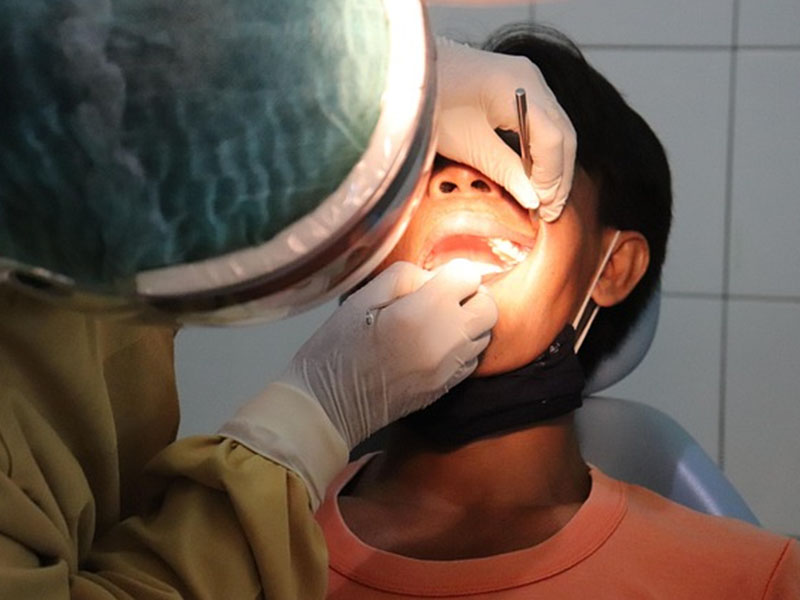
Early Detection: Your Best Defense
Even if you do everything right, finding changes early can make all the difference. Nearly all oral cancers start as small changes—things you can notice if you know what to look for.
How to Check Your Mouth for Cancer Each Month
Think of this as a “mouth checkup” you do at home. All you need is a mirror, good light, and clean hands. Here’s your easy guide:
- Wash up and take out dentures.
- Look at your lips and face. Any sores, lumps, or spots with new color?
- Now, inside your mouth:
- Pull your lips back and look at your gums and inside cheeks.
- Tilt your head to see the roof of your mouth.
- Stick your tongue out—look at the sides and under it, too.
- Feel with your fingers: Gently press along your cheeks, jaw, and neck. Any bumps, lumps, or sore spots? Remember them.
- Big warning signs:
- Red or white spots that won’t go away
- Sores there longer than two weeks
- Lumps or thick places
- Numb spots, pain, or loose tooth (not from an accident)
- Hard time chewing, swallowing, or a sore throat that sticks around
If you notice any of these, don’t wait. It’s always smart to get things checked.
Why Dentist Screenings Matter So Much
Dentists are trained to see what you might miss. Every time you visit is another check for cancer.
- Screenings are quick and don’t hurt. A dentist will look, feel, and sometimes use a special light or dye to catch small changes sooner.
- Who should be checked? Experts say everyone—especially adults over 40 or with risks—should get an oral cancer check every year.
Finding any problem early—before it hurts or gives you symptoms—makes it way easier to treat and survive.
Frequently Asked Questions (FAQ) – Clinician’s Corner
You asked—we answer. These really are the top questions real people ask at the dentist.
What are the first signs of oral cancer?
Most early signs are easy to miss, since they’re small. Watch for:
- A mouth sore that doesn’t go away after two weeks
- Red or white patches (often called leukoplakia or erythroplakia)
- Lumps or thick spots in your cheeks, tongue, or roof of your mouth
- Always feeling like your throat is sore, your voice is rough, or trouble swallowing
Lots of these can be caused by less serious things—but getting checked is always the best move.
Can oral cancer be cured if caught early?
Yes—especially when caught before it spreads. The five-year survival rate for early-stage oral cancer is about 86%. If the cancer spreads, the odds drop a lot. That’s why yearly checks and at-home exams are so important.
Is vaping safer than smoking for oral cancer?
Honestly, not really. Studies show vaping still hurts the thin skin inside your mouth. E-cigarettes have chemicals that injure mouth cells and raise cancer risk—even if maybe not quite as much as smoking. The best choice? Skip both.
Does the HPV vaccine really help stop oral cancers?
Yes. The HPV vaccine (like Gardasil 9) stops over 90% of cancers caused by the kinds of HPV that cause mouth and throat cancer. It can’t cure existing infection, but it will guard you—and your kids—from even getting these cancers later on.
Do mouthwashes with alcohol raise the risk?
Using alcohol mouthwash a lot might make the risk higher, especially for people who already use tobacco or drink a lot. The science isn’t clear yet, but if you’re worried, stick with alcohol-free mouthwash.
Key Takeaways
If you only remember a few things, let it be these:
- Tobacco and lots of alcohol are the main causes of oral cancer—quitting is the best thing you can do.
- HPV vaccination stops most HPV-related mouth and throat cancers.
- Eating fruits and veggies, plus keeping your mouth clean, helps protect you.
- Don’t forget to cover your lips with sunscreen—sun protection is year-round.
- Finding changes early can save your life. Monthly self-checks and yearly dentist visits really work.
Professional Resources & Next Steps
Want more? These trustworthy groups have free guides, risk tests, and even live help:
- American Cancer Society – Oral Cancer Overview
- National Cancer Institute – Oral Cavity and Oropharyngeal Cancer
- Centers for Disease Control and Prevention – HPV and Cancer
- The Oral Cancer Foundation
- Smokefree.gov Quit Resources
What Should You Do Next?
- If you smoke or drink a lot, reach out for help. Every small change counts.
- Do a mouth check once a month. Set a reminder on your phone.
- Book your next dentist check—even if you feel just fine.
- Talk to your doctor about the HPV shot, especially for kids or young adults.
- Stick a tube of SPF lip balm in your bag or car—you’ll be glad you did down the road.
You don’t have to fix everything at once. Every good step, no matter how small, helps you build a safer, healthier future. You’re not just avoiding cancer, you’re taking charge. You got this.
Sources
Information checked and taken from the American Cancer Society, National Cancer Institute, The Oral Cancer Foundation, Centers for Disease Control and Prevention, and top dental experts.

